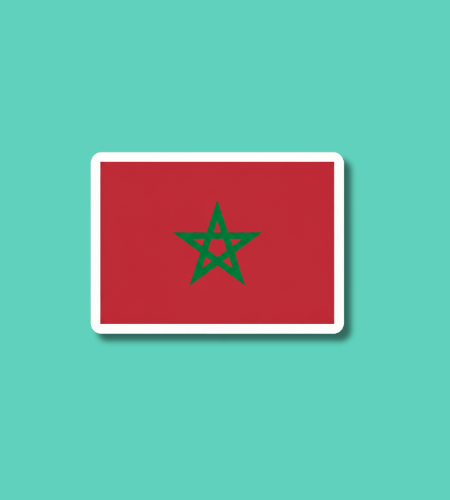Independence Day in Morocco is observed on November 18 each year. The day honors the return of Mohammed V from exile in 1955 and the subsequent end of the French and Spanish protectorates—marking Morocco’s path to sovereignty.
Table of Contents
History of Independence Day
The road to Moroccan independence was shaped by decades of anti-colonial activism. In January 1944, the nationalist movement issued the Proclamation of Independence of Morocco, demanding full sovereignty under King Mohammed V. Then, on April 9, 1947, the King delivered his historic Tangier Speech in Tangier, publicly asserting Morocco’s territorial unity and independence.
In August 1953, the colonial authorities exiled Mohammed V, sparking the “Revolution of the King and the People” movement. On November 18, 1955, he returned to Morocco, symbolizing the end of colonial rule and paving the way for full independence in March and April 1956.
Why is Independence Day important?
This holiday holds deep significance for Morocco because it recognizes the achievement of self-governance and the reclaiming of national identity. After years under French and Spanish protectorates, the Moroccan people and monarchy united in the struggle for freedom—creating a foundational story of national pride and unity.
It also serves as a moment of reflection on the sacrifices made and the collective effort it took to arrive at this independence. For many Moroccans, the day is not only celebratory but also an opportunity to reaffirm allegiance to their state, culture, and heritage.
- It commemorates the return of Mohammed V and the end of protectorate rule.
- It honors the nationalist movement and the unity between monarchy and people.
- It reinforces the idea of Moroccan sovereignty and national identity.
- It acts as a focal point for national reflection and pride.
- It links the past struggles with the present–and future aspirations of the country.
How to Celebrate (or Observe) Independence Day
On November 18, Moroccans typically observe the day with public ceremonies, flag displays, music, and communal gatherings. Cities and towns may host parades or official speeches. The atmosphere is festive but also respectful—honoring history while celebrating present unity. Emotionally, it is a moment to remember ancestors, respect national symbols, and share the pride of being Moroccan.
If you’re visiting Morocco on this day, you might join local celebrations, watch the flag-waving processions, and enjoy the cultural performances. Whether at home or abroad, you can show the national colors, reflect on what independence means, and connect with Moroccan heritage and community.
- Attend or watch an official ceremony or parade in a town or city.
- Display or wear the Moroccan flag or national colors.
- Join family or community gatherings with food, song, and conversation.
- Take time to reflect on the meaning of freedom, heritage, and national unity.
- Visit a monument or place significant to independence history.
Independence Day in Morocco Dates Table
| Year | Date | Day |
|---|---|---|
| 2026 | November 18 | Wednesday |
| 2027 | November 18 | Thursday |
| 2028 | November 18 | Saturday |
| 2029 | November 18 | Sunday |
| 2030 | November 18 | Monday |
Subscribe to our newsletter and never miss a holiday again!

